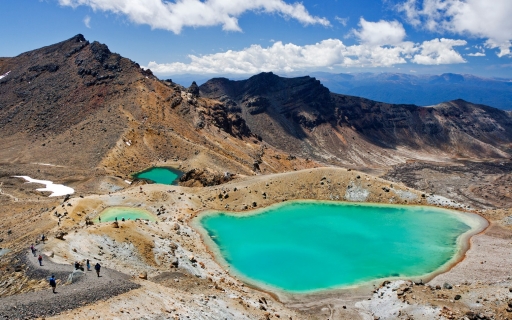Kumara Weather and Climate: A Comprehensive Guide
The temperature in Kumara varies moderately throughout the year.
The temperatures shift from pleasant
to cold.
It also has a relatively rainy climate with high levels of precipitation.
Now, let’s break down all the climate details for a clearer picture.
Average maximum day and minimum night temperature
The climate in Kumara experiences moderate temperature changes, with mild shifts between seasons. On average, daytime temperatures range from a pleasant 20°C in February to a chilly 11°C in July.
Nighttime temperatures can drop, with average lows reaching 3°C in July.Check out our detailed temperature page for more information.
Temperature ranges by month
Precipitation and rainy days
Kumara has a relatively rainy climate with high precipitation levels, averaging 3082 mm of rainfall annually. The wettest period in Kumara occurs in October, which receives around 315 mm of precipitation. During the driest month, July, Kumara experiences heavy rainfall, totaling approximately 210 mm. The consistent precipitation levels throughout the year contribute to a relatively stable climate.
The mean monthly precipitation over the year, including rain, hail and snow
Sunshine over the year
In Kumara, summer days are longer and more sunny, with daily sunshine hours peaking at 7.0 hours in January. As the darker season arrives, the brightness of the sun becomes less. June sees a soft sun for only 3.6 hours per average day.
Visit our detailed sunshine hours page for more information.
Monthly hours of sunshine
Daily hours of sunshine
Average water temperature
The mean water temperature over the year ranges from 12°C in July to 16°C in February.
Water temperature over the year
Average humidity
The city experiences its highest humidity in February, reaching 84%. In August, the humidity drops to its lowest level at 81%. What does this mean? Read our detailed page on humidity levels for further details.
Relative humidity over the year
Average wind speed
The mean wind speed over the year ranges from 2 m/s in February, March, April, May, June and July to 3 m/s in January, August, September, October, November and December.
The mean monthly wind speed over the year (meters per second)
Forecast for Kumara
Select a Month of Interest
Check the conditions for any month of the year.
The best time of year to visit Kumara in New Zealand
The average rainfall figures in Kumara are quite high. Throughout the year, you have a chance of prolonged precipitation. So no matter what time of year you go, you will always have to deal with a high number of rainy days. This makes it more challenging to point out the best time of year to visit. If we needed to pick one month we would choose January which is the sunniest month of the year.Other facts from our historical weather data:
February has an average maximum temperature of 20°C and is the warmest month of the year.
The coldest month is July with an average maximum temperature of 11°C.
October tops the wettest month list with 315 mm of rainfall.
July is the driest month with 210 mm of precipitation.
January is the sunniest month with an average of 211 hours of sunshine.
No idea where to travel to this year? We have a tool that recommends destinations based on your ideal conditions. Find out where to go with our weather planner.





